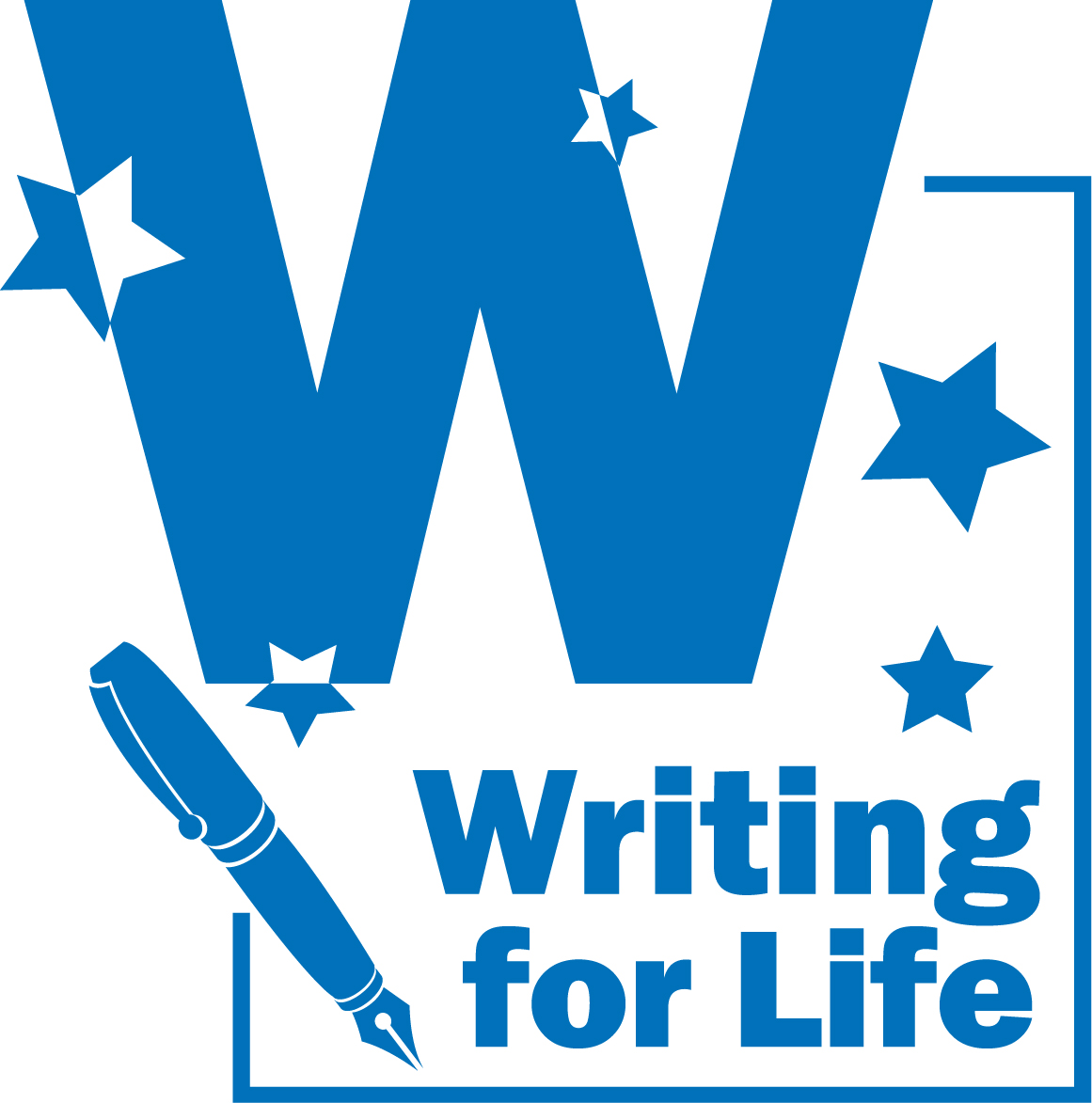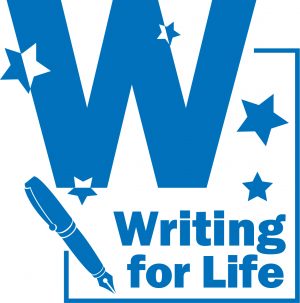Writing for Life one day workshop Vancouver Oct 28 2022 (PD468)
Writing for Life one day workshop Vancouver Oct 28 2022 (PD468)
US$0.00
Registrations closed. Please contact us if you’d like to pre-register for the next course.
DATE – Friday October 28 2022 9:00-3:00
VENUE – Sheraton Wall Centre, Vancouver
ALSO: We are offering virtual access for those who will find it difficult to travel to Vancouver.
COST – AUD$375
Event Description
We are thrilled to announce this writing workshop live event with Lyn Stone.
This guide to high impact literacy teaching will help raise your understanding of the components of successful writing.
The overarching theme is that writing needs to be taught explicitly and practised well.
The course consists of background information on the process of writing, what can go wrong, and research-informed strategies to help teachers deliver even higher quality writing instruction in their classrooms right away.
SESSION 1 Underlying skills and knowledge for writing
We start by exploring the components of writing and the critical processes that underlie writing fluency. We touch on:
- Orthographic mapping
- Working memory
- The Simple View of Writing
SESSION 2 The Survival List
At Lifelong Literacy, our goal is to teach all of our students to read and write fluently. To do this, we have a list of words they need to learn as a priority. It’s called The Survival List and it constitutes some of the most common words in the English language, as well as subject-specific words for that particular student.
There are plenty of word lists readily available, such as the Dolch or Fry or Magic 100 lists, but they contain a mixture of simple and complex patterns. For instance, in the Dolch list, the word big (a simple 1:1 CVC pattern) is right there with away (a two-syllable word containing a digraph) and said (an unusual pronunciation of the digraph , which only really occurs in this word and in some accents in the word again, but which follows the grammatical/etymological pattern of lay and pay).
The amount of times we see children being given homework requiring them to learn this mishmash of random patterns is astonishing. It is simply not viable for many children.
As a solution, we have extracted the words that don’t have a transparent structure and have placed them in families containing similar patterns. We use a simple marking system and a four-step analysis process that is taught to students so that they become aware of the words’ morphological and etymological structure and kinships.
The Survival List and 4-Step Process therefore is a template to teach any words for automatic recall when writing.
This list is called the Survival List for two reasons:
- Because knowing how to read and spell the words on their list will help them become fluent readers and writers as quickly as possible and
- Because the techniques used to learn these words can extend to other words with complex patterns that students can teach themselves, thus helping them to survive the onslaught of increasing complexity and expectation as their academic career unfolds.
SESSION 3 What about writing?
With high quality initial instruction, the majority of children can learn to read, regardless of diagnosis. But what about writing? Achievement of accurate, fluent written expression requires instruction and practice far beyond that needed for reading. Partly as a result of this, the value of high quality, early writing instruction can be neglected or downplayed in primary school, thus leading to large populations who fail to develop appropriate levels of written expression.
Teaching all children to write is hard, but worth the effort. In this module, we explore:
- Matthew effects in writing and how this can be combatted
- Muscle memory
- Phrases, clauses and sentences
- Quality vs. quantity
- Dysgraphia
We also look into ways in which current practice in schools can be geared towards getting all children to improve their handwriting skills, as well as where to draw the line and get the most out of technology.
SPOILER ALERT: This course is NOT about narrative writing. Lyn argues that narratives are the weakest, least productive and transferrable form of writing. Intrigued? Sign up!
The course consists of background information on the process of writing, what can go wrong, and research-informed strategies to help teachers deliver even higher quality literacy instruction in their classrooms right away.
You will receive:
- A digital manual with downloadable resources for immediate classroom use.
- A primary school scope and sequence document incorporating handwriting, sentence formation and paragraph structure guidelines
- A dedicated web page containing links to books, resources and videos that will help consolidate and expand your knowledge
- A certificate of participation for a total of 5 hours PD.
- High quality freshly brewed coffee, morning snack and lunch. Dietary needs catered for if specified by October 1 2022.
Cost: AUD$375 per person
- PLEASE NOTE: We offer a 10% discount for school teams of over 5 people. Please contact us to enquire.
Terms and conditions:
All ticket sales are final. If you are unable to attend on the day, unfortunately we will be unable to refund you. You may, however, put your ticket up for transfer and we will do our best to help you with this process. If COVID restrictions limit the presenter, we will transfer your participation to the online version and refund your catering costs.
If Paying by Invoice
Please choose the invoice option and we will send you an invoice. To ensure your place, you will have seven days from invoice date to pay.


